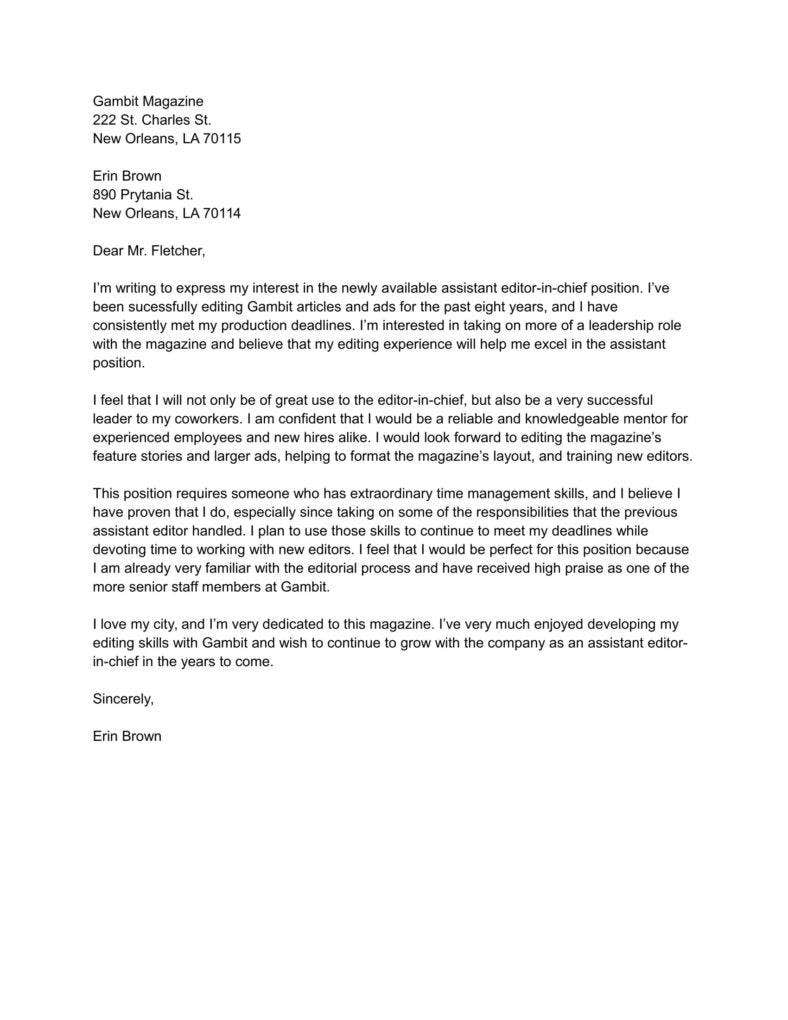
Ex-military men and women have many options for jobs. These include customer service, emergency management, financial analysis, education, and customer service. Some military career options may not be immediately apparent to an ex-serviceman or woman, but they may be exactly what you're looking for.
Emergency management careers
A career in emergency management is a great choice if you are looking for a job that requires coordination in times of crisis. These specialists are available to assist with disaster planning and resource provision. They coordinate with local agencies and can organize training. You can make a career out of emergency management.
Emergency managers often travel to disaster areas on short notice, collaborating with new team members on the spot. These emergency managers need to be calm and logical when faced with stressful situations. This requires exceptional organizational skills, an in-depth knowledge of government procedures, as well as the ability to quickly take difficult decisions. There are many career options in emergency management, from being a disaster program manager to being an emergency management director.
Customer service
After you have completed your military service, you can begin to look for customer service work. You will have to learn to communicate and collaborate with people different from you. This is particularly important if you are working with a team or in remote operations. Sometimes, you'll need more than one person to respond to a complicated question from a customer.

A customer service position is a long-term career option. Companies have been growing their customer service departments in response to increasing customer numbers and the rapid pace of business. According to the Robert Half's Salary Guide, customer service roles are among the most in-demand careers. These positions could include data entry or call center specialists.
Analyse of financial data
A financial analyst position in the civilian sector is a good choice for veterans who like office work. The average job requires approximately 40 hours per week. Some analysts work longer hours. Financial analysts prepare financial forecasts and offer investment advice. They also study the economy and analyze trends to determine a company's value. These professionals might also be involved with risk analysis and fund management.
For financial analysts, you need a bachelor’s degree in mathematics, accounting or finance. Many employers will accept degrees that are not related to the industry. Internships are a great way for students to gain some work experience and to earn additional money. Financial analysts need to be proficient in Excel and Microsoft Office. A business course is also helpful.
Education
Veterans who are interested in a career in a civilian environment can avail of GI Bill Benefits, which provide free tuition benefits for honorably wounded veterans at many accredited colleges. These benefits offer veterans a way to integrate their military skills into civilian life. Veterans can choose to pursue a degree so that they can follow their passions and not their military training.
Finding a job after the military can be difficult, but there are numerous support systems for veterans. The VA and colleges are both good resources for locating programs that help veterans make a smooth transition into civilian life.

Law enforcement
Law enforcement jobs are a great opportunity for service members to transition from the military to civilian life. Even if you are a solid candidate, it can be difficult. In order to make the transition as smooth as possible, here are some tips and advice: First, it is important to plan ahead. A rough plan of the steps that you will need to take is helpful. You might need to apply for jobs, prepare for exams and get a Verification of Military Experiences and Training (VMET) form.
You can have an advantage over your competitors by having some military or college education. Many law enforcement jobs allow veterans who have completed their training to earn college credit. The American Military University is an example of a college that offers military veterans a degree. Also, veterans can apply for Veteran's Preference Points when applying for law enforcement jobs. The number of these points varies by service branch, but they can provide an edge over the competition. This advantage is an important factor in applying for a law enforcement position, so it is important to apply for the police department you'd like to work for before you transition.